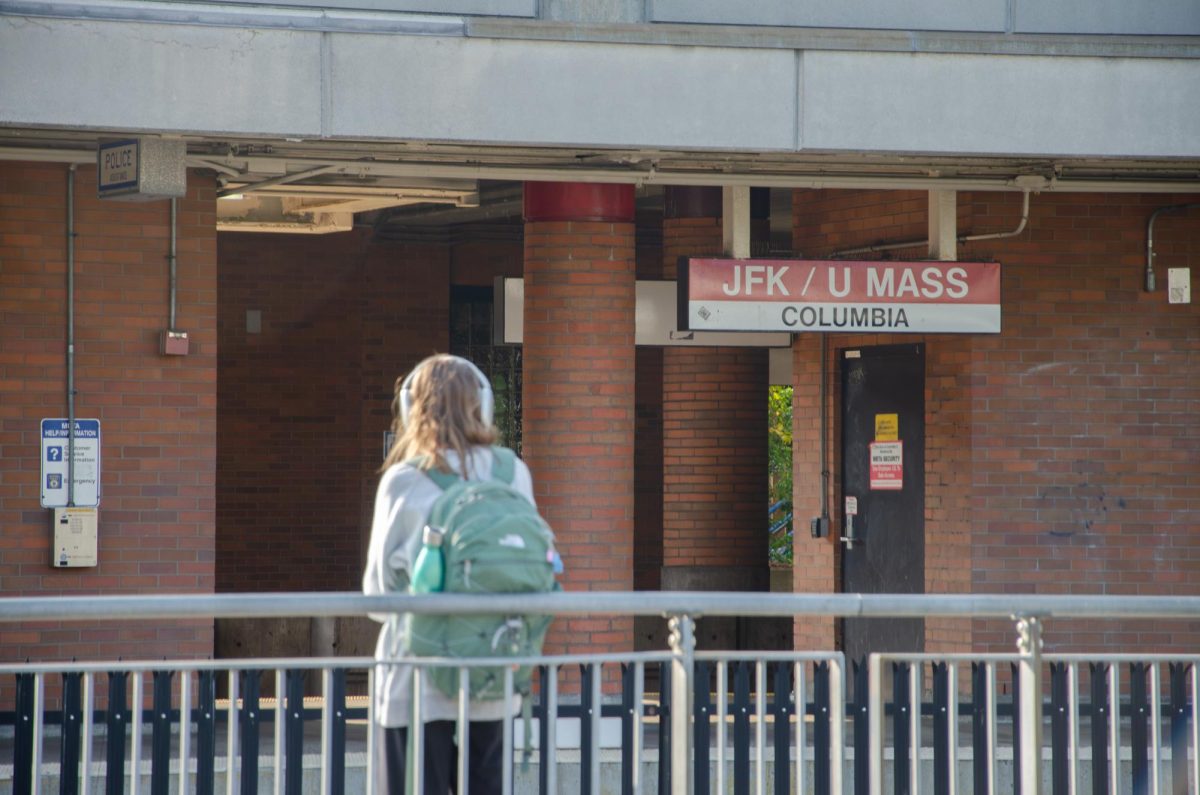In what seems to be a never-ending battle between the Massachusetts Bay Transportation Authority and proper efficiency, slow zones have been taking a significant negative toll on commuters all around Boston, including those who commute to UMass Boston.
Slow zones have been plaguing the entire MBTA system for months now, and it seems to only be getting worse as time goes on. The two subway lines that have been affected by slow zones the most are the Green Line and the Red Line. According to NBC Boston, as of Sep. 27, 2023, the new Green Line extension already has 14 new slow zones. Eleven of these slow zones are on the Medford branch, and three are on the Union Square branch. [4]
The amount of slow zones on the Green Line, however, is nothing compared to the amount of slow zones on the Red Line. As of August 2023, the number of Red Line slow zones jumped from a staggering 102 to 115, CBS News reports. [2]
As of Tuesday, Sept. 26, the MBTA reported a total of 244 slow zones and speed restricted areas throughout the entire MBTA system. In a data chart provided by the MBTA, Blue Line restrictions are affecting 34 percent of the track, Orange Line restrictions are affecting 17 percent of the track, Red Line restrictions are affecting 31 percent of the track, and Green Line restrictions are affecting 25 percent of the track. [1]
The start of the slow zones began in the winter months of late 2022 and into 2023 by the previous interim General Manager Jeff Gonneville. The cause was due to documentation failures that revealed potential safety issues on all of the subway lines. Yet, nobody has been held accountable for the track failures, and no firings have been made public. “We still don’t know who was responsible for the missing documentation that led to the slow down. Are those folks going to face any kind of accountability?” Executive Director Jarred Johnson of the watchdog organization TransitMatters stated. [2]
Governor Healey’s office emphasized that the slow zones and speed reductions are results of poor and old infrastructure, underfunding, and challenging deadlines to keep up with the continuous disrepair of track, tunnel and station conditions. Referring news outlets to an MBTA statement, “Speed restrictions are necessary to ensure the safety of everyone who uses the system, and they are put in place to prevent accidents with devastating consequences,” the statement said. “We find more issue areas as we thoroughly conduct our work to manage our aging infrastructure, and as more work surfaces along the way—we commit to fixing them and add them to our list. That’s why people see the number of speed restrictions constantly fluctuate—and that’s when people feel speed restrictions. We appreciate the public’s patience as we continue our work to improve the MBTA.” [2]
Service changes to the Red Line aren’t new to those who use the train regularly, especially UMass Boston commuters. However, these service changes seem to be occurring more frequently as time goes on. It’s leaving commuters at the university and around the city asking the question: When is it going to end? [3]
According to the MBTA, shuttle buses will continue to replace train services along several routes of the track throughout October. Shuttles will be in use between Broadway and Ashmont station as well as Broadway and North Quincy station on the weekend of Oct. 7 to 8 for bridgework, station maintenance and tunnel inspections. Shuttles will also replace train service between Ashmont and JFK/UMass from Oct. 14 to 29 for track work. [3]
Between Aug. 28 and Sept. 26, the MBTA opened 33 new speed restrictions. Even though they closed 19 of them, there was still an increase of 14 slow zones over the span of one month. A timeline as to when these speed restrictions will be lifted has yet to be released. [4]
Sources:
- MBTA Service Dash Board https://www.mbta.com/performance-metrics/speed-restrictions
- CBS News https://www.cbsnews.com/boston/news/mbta-slow-zones-red-line-commute/
- MBTA Red Line Alerts https://www.mbta.com/schedules/Red/alerts
- NBC Boston https://www.nbcboston.com/news/local/recently-opened-green-line-extension-plagued-by-over-a-dozen-slow-zones/3146003/

